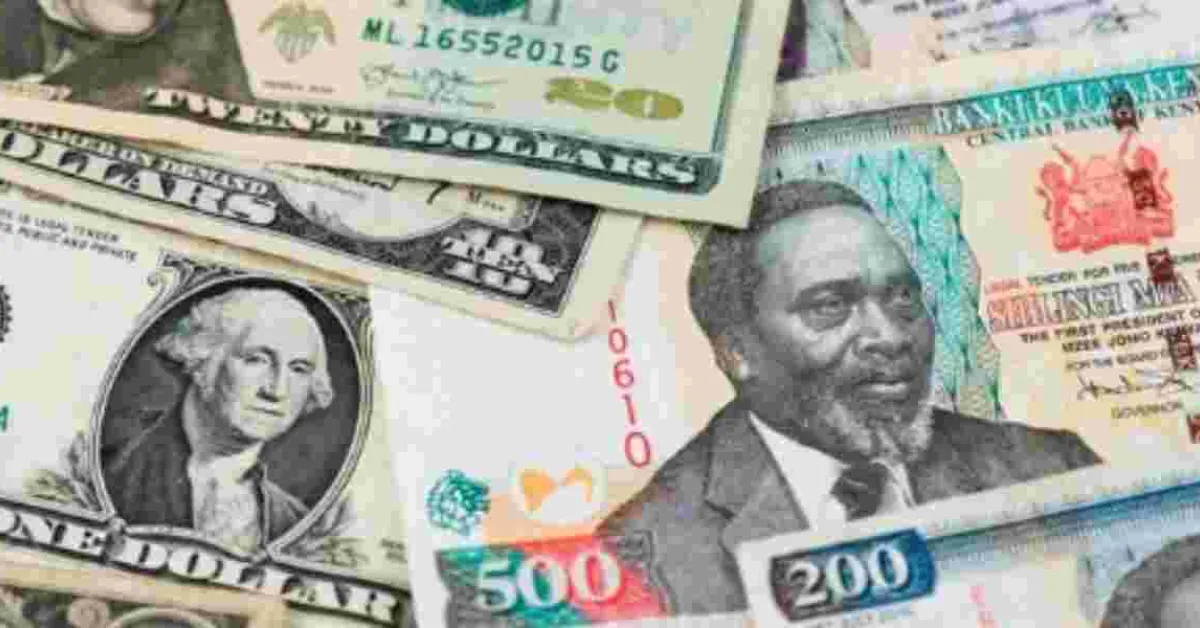Shilling Maintains Position Against Weakening Dollar

The Kenyan shilling demonstrated remarkable stability in September, maintaining a consistent exchange rate of Sh129.19 against the US dollar.
This steadiness defied expectations of appreciation following the US Federal Reserve's interest rate reduction two weeks prior. Market participants attributed this stability to the Central Bank of Kenya's (CBK) strategic interventions in the foreign exchange market, which were aimed at mitigating volatility. During this period, the CBK significantly bolstered its foreign exchange reserves, adding $678 million between August 29 and September 26. This increase brought the bank's total dollar holdings to $8.03 billion, equivalent to 4.1 months of import coverage. The CBK's ability to augment its reserves stems from various sources, including the proceeds of government external loans and direct purchases in the local forex market.
However, the specifics of these transactions remain undisclosed. Throughout September, the shilling's trading range remained narrow, fluctuating between Sh129.30 and Sh129.17 against the dollar. This limited movement, coupled with reduced profit margins, led to a decrease in overall forex trading activity. The US Federal Reserve's decision to lower its base rate to a range of 4.75 to 5.0 percent signaled a potential shift in global capital flows, with expectations of reduced returns on US financial assets potentially benefiting currencies in frontier and emerging markets. The Kenyan shilling has demonstrated remarkable strength in 2024, appreciating by 21 percent against the dollar year-to-date.
This performance represents a significant turnaround from the previous year when it was ranked as Africa's worst-performing currency. The reversal in fortunes has been largely attributed to the CBK's efforts to revitalize the interbank forex market and the successful refinancing of a $2 billion Eurobond by the National Treasury. In early 2024, the shilling had reached an all-time low of Sh160 to the dollar, prompting the CBK to implement corrective measures. These included raising the base rate to 13 percent to attract dollar inflows into the local debt market. The CBK had previously indicated that the shilling was artificially overvalued but later acknowledged that it had overcorrected.
The CBK's strategic interventions have been crucial in maintaining currency stability amidst significant external pressures. The increase in forex reserves serves as a buffer against potential economic shocks and enables more effective management of the exchange rate. Looking ahead, the CBK's monetary policy will continue to be a key determinant of the shilling's performance. Anticipated further reductions in US interest rates could lead to increased capital inflows into the Kenyan market, potentially providing additional support for the shilling. However, the CBK will need to carefully calibrate its interventions to avoid excessive currency appreciation, which could adversely affect the competitiveness of Kenyan exports.














Add new comment